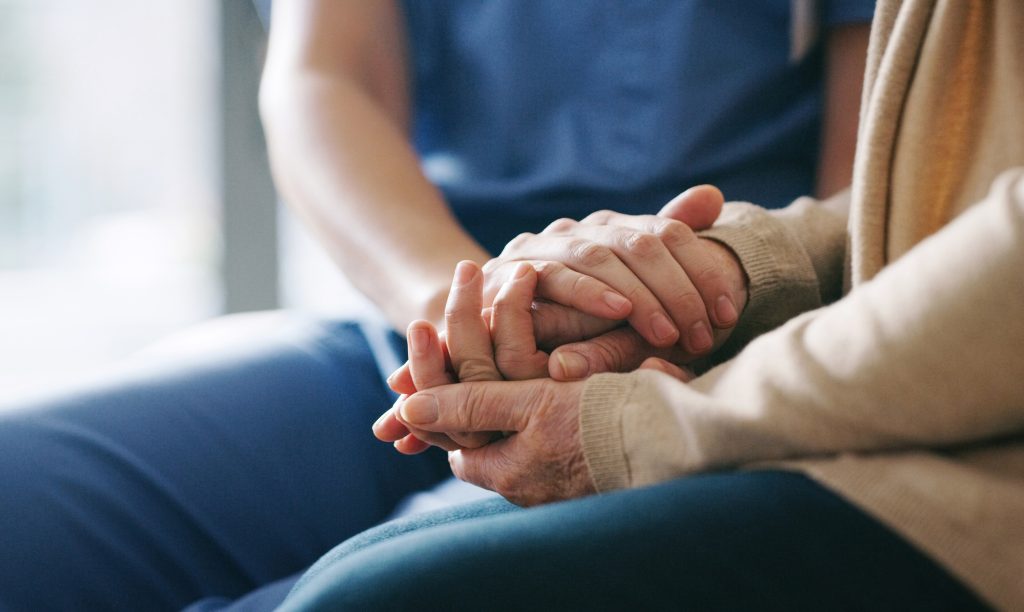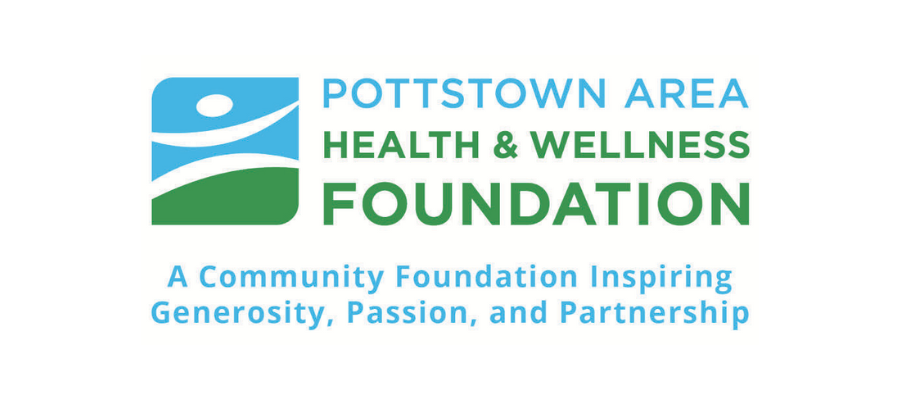Coping with Depression
Symptoms and self care for Depression

Everyone feels sad or lonely at times. Often, it’s As cooler, shorter days arrive, October makes sense as National Depression Awareness Month. We pull out heavier jackets, and sometimes a heavy mood comes with them. Pottstown Area Health & Wellness Foundation (PAHWF) provides insight on how to decipher a glum mood from more serious depression. Even better, we share advice on how to cope.
Are You Depressed?
Everyone feels sad or lonely at times. Often, it’s situational: The result of a loss, disappointment, or everyday struggle. However, intense sadness can indicate clinical depression when it lingers into weeks, interferes with the ability to function, or includes feelings of hopelessness.
Typical symptoms include:
- Sadness and easy tearfulness; irritability
- Loss of interest or pleasure in activities and hobbies
- Poor sleep (too much or too little)
- Fatigue
- Poor appetite or overeating
- Poor concentration and decision-making
- Unexplained physical issues
- Memory difficulties or personality changes (elderly)
- Suicidal thoughts or attempts; fixation on death
Children and teen symptoms also may include:
- Clinginess
- Refusal to go to school
- Avoidance of social interaction
- Anger; extreme sensitivity
- Use of alcohol or recreational drugs
- Self-harm
If you or a loved one suffer from these symptoms, try these next steps. Everyone deserves to live their healthiest life.
Visit Your Healthcare Practitioner
A physician can help diagnose whether symptoms are caused by depression or another illness. They may prescribe tests to eliminate other conditions that could be causing your symptoms. Upon diagnosis, they may prescribe antidepressant medication or refer you to a psychiatrist who can. They also may suggest psychotherapy. Often, a combination of medication and talk therapy treat depression most successfully.
Practice Self-Care
When depressed, self-care can look very different. It may mean getting out of bed and showering; eating something healthy, even if you aren’t hungry for a meal; or taking a brief walk. Small steps in maintaining a routine make a big difference.
Stay Active
Life is hectic. It’s easy to lose track of self-care tasks. Try to schedule routine health checks as you would
Although you may not feel like a trip to the gym for a major workout, movement is important. Exercise boosts mood by releasing feel-good hormones. This is especially effective for those with mild to moderate depression. Often, improvement can be experienced after about 15 minutes of mid-level activity.
Outdoor workouts provide a twofer for mental health because being among nature is another mood booster. A simple walk or easy hike can be grounding. Consider adding routine visits to the beauty found right in our community. Visit PAHWF’s Outdoor Activity Finder to discover your happy place.
Evidence continues to show exercise’s benefits as part of a treatment plan for improved mental health. And the “side effects” (eh hem, strong quads and biceps, more energy) are awesome.
Consider a Pet
The majority of pet owners agree having a pet has improved their mental health. There is much pets can do to ease depression. They provide companionship, require a routine schedule, need regular walks (more exercise for their humans), and induce calm. Petting and cuddling with an animal releases feel-good hormones and reduces cortisol, the stress hormone. When at your worst, a pet can provide a sense of purpose, a reason to get out of bed.
If you opt for a dog, consider bringing them along on your trips to local parks . The outdoor exercise benefits you both. Pets can get depressed, too. They experience symptoms similar to humans, except they cannot vocalize their pain. Regular outings can help decrease their anxiety and improve their energy and mood. Dogs also encourage interaction with passersby which encourages social interaction, another antidote to depression.
Cats, hamsters, birds, and other pets may require less maintenance than dogs. And, there’s always pet-sitting. Find a companion that works best for you.
Support
Struggling with depression, anxiety, and other mental illness is a health condition like any other. Just as there is no shame in high blood pressure, there should be no shame in dealing with mental health issues. It’s just one more way human-beings—and pets—are created.
PAHWF provides Mental Wellness resources. Or, visit the Community Health & Dental Care website for guidance on nearby assistance. Their behavioral health consultants specialize in treatments for depression, substance abuse, family issues, and more.
Suicide Hotline
In the U.S., call the National Suicide Prevention Lifeline at 1-800-273-TALK (1-800-273-8255). Use that same number and press “1” to reach the Veterans Crisis Line. You can also call the shorter 988 number or visit their website at https://988lifeline.org/.
